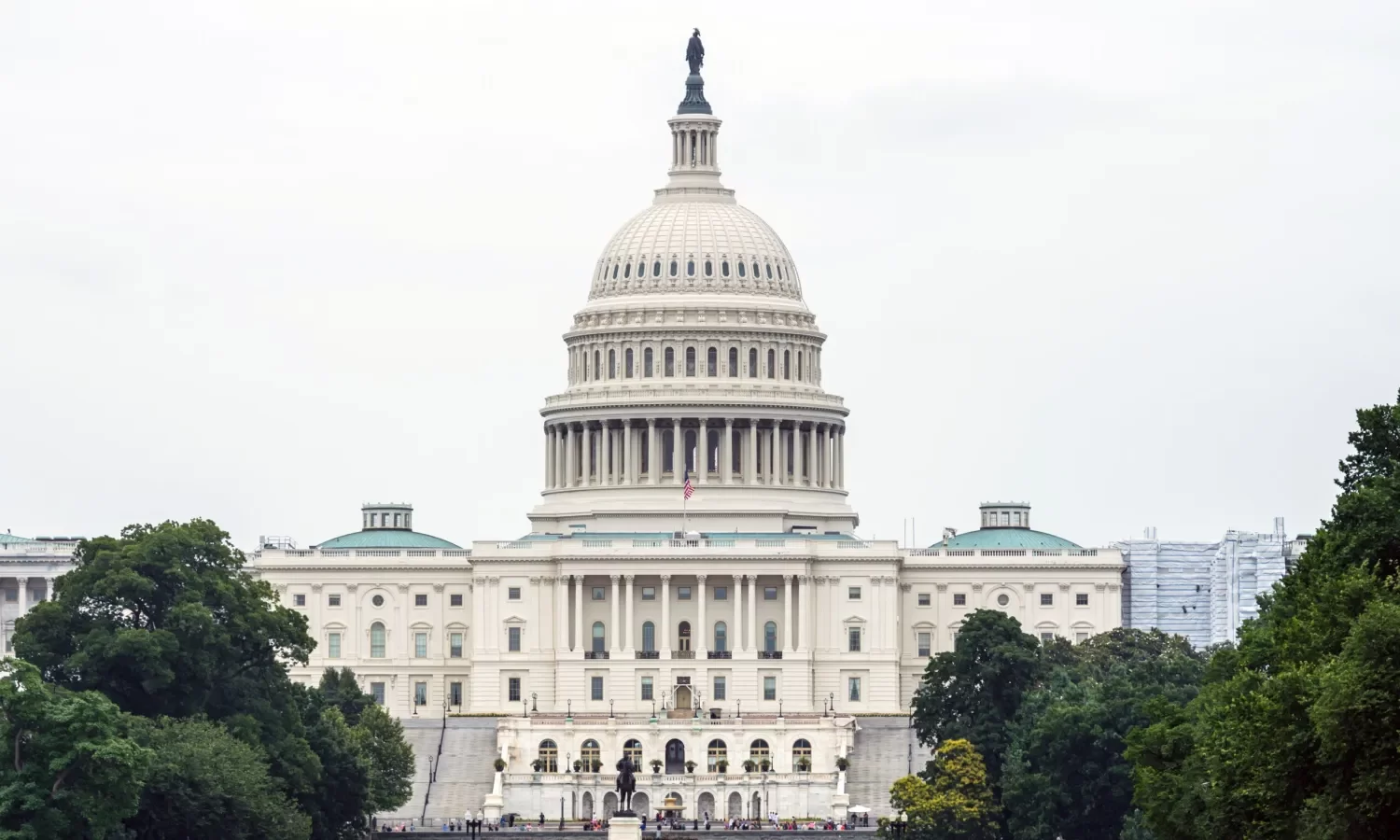i2Coalition Dec. 2021 Legislative Brief
Your brief update on important Internet policy issues
OUTLOOK
The U.S. Congress passed several essential government funding measures before starting its holiday recess period. On December 2, Congress passed a continuing resolution to keep the government funded temporarily through February 18, thereby avoiding a government shutdown. Congress also voted on December 15 to raise the debt ceiling by $2.5 trillion which pushes the threat of federal default to at least early 2023. The Senate plans to return on January 3, and the House intends to return on January 10.
Senate Democrats were unable to pass President Biden’s priority Build Back Better (BBB) legislation this year. The House had approved the bill on November 19. Senator Joe Manchin (D-WV), the key moderate and pivotal vote in the 50-50 Senate, has placed the Senate’s future consideration of the BBB as currently drafted into serious doubt. During a Sunday December 19 television interview, Senator Manchin announced that he could not vote to continue with the legislation. The White House issued a December 19 statement sharply critical of Manchin’s decision. On December 20, Senate Democrat Majority Leader Schumer wrote a Dear Colleague letter stating that Senator Manchin’s announcement will not deter the Senate from continuing to seek a path forward on the BBB act in early 2022. Possible options in pursuit of Manchin’s support include drafting a new bill with fewer social program provisions funded for longer periods of budgetary commitment. It is to be determined whether tech-related provisions from the BBB Act (e.g., FTC funding, including for a privacy bureau, additional broadband investment) would survive and be included in a new bill if offered.
TECH POLICY PRIORITIES
Section 230/Intermediary Liability. The House and Senate have continued to debate Section 230 reform legislation focused on increasing transparency and accountability regarding use of algorithms by large social media platforms, and improving protections for children and teens online. Committees in the House and Senate held a number of hearings in December, and more legislative activity will resume in early 2022.
Federal Privacy. Bipartisan calls for comprehensive federal consumer data privacy and security legislation expanded in December. The Democrat leaders of the House Energy and Commerce Committee have indicated that they are working on draft legislation with their Republican counterparts. The U.S.-EU negotiators on a replacement for the Privacy Shield for cross border data flows expect to continue their discussions in 2022 toward reaching a resolution of outstanding issues.
Copyright/IP. In December, the Senate Judiciary IP Subcommittee Ranking Member Thom Tillis (R-NC) initiated virtual roundtable discussions with stakeholders about possible legislative reforms that would target commercial online piracy, and plans to hold additional roundtables in 2022. The Senate Judiciary Committee held a confirmation hearing in December for Katherine Vidal, the nominee to be Director of the U.S. Patent & Trademark Office.
Antitrust/Competition. The Senate Judiciary Antitrust Subcommittee held a hearing in December to address concerns about consolidation, monopoly power, and the impact on American innovation, including discussion about these matters in relation to the tech sector. The Senate Commerce Committee forwarded the nomination of Alvaro Bedoya to be an FTC Commissioner and he awaits further proceedings for a full Senate vote.
Broadband. The full Senate voted to confirm Jessica Rosenworcel for a new term as Commissioner at the FCC where she will serve as the Chair. Rosenworcel is the first female permanent Chair of the FCC. The Senate Commerce Committee approved the nomination of Alan Davidson as NTIA Administrator and he awaits a full Senate confirmation vote in early 2022. If confirmed, Davidson will play a leading role in implementing the broadband deployment provisions of the recently enacted Infrastructure Investment and Jobs Act.
For more in-depth updates on Internet policy that impact your organization, please contact us about joining the i2Coalition.

